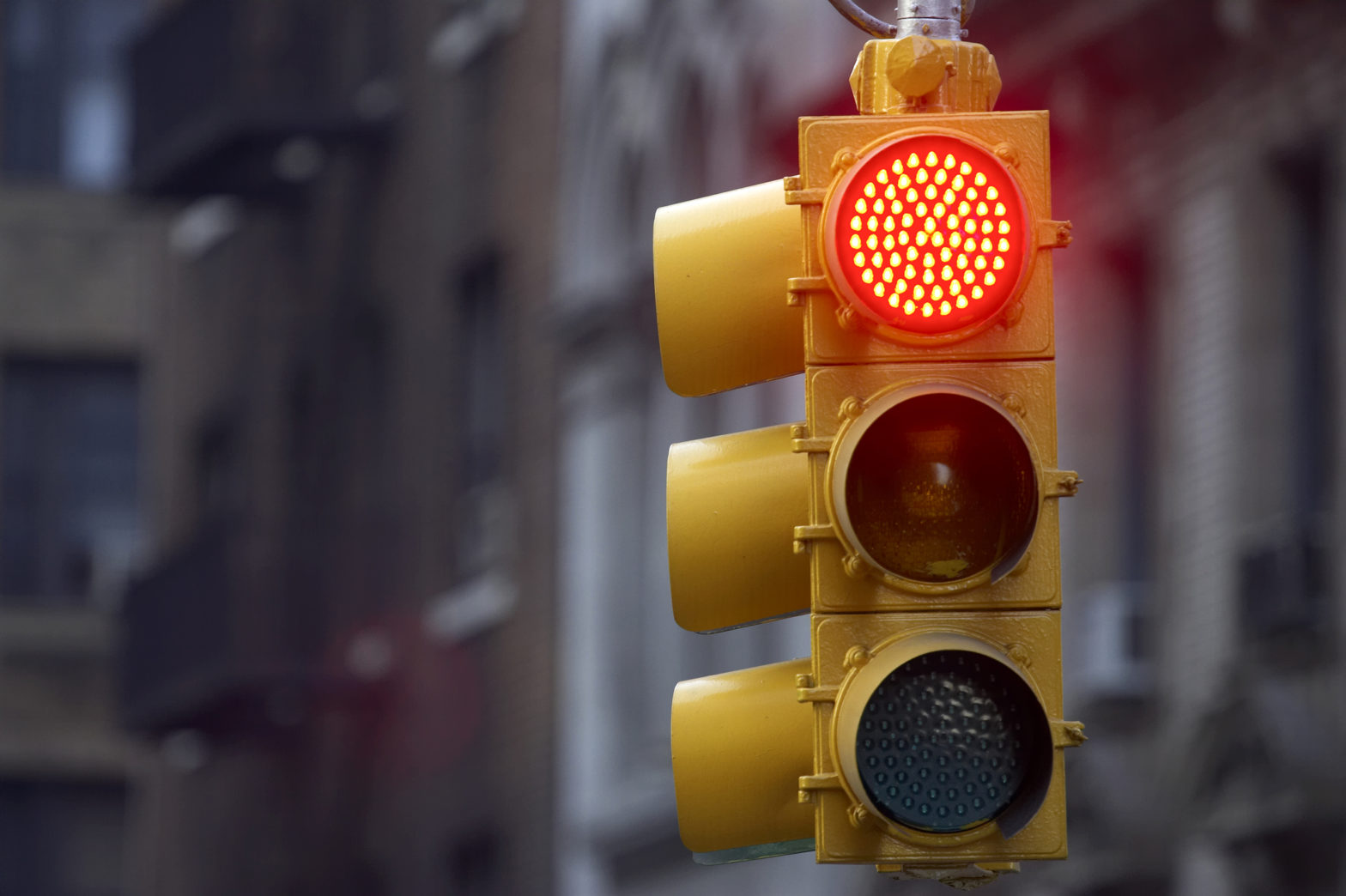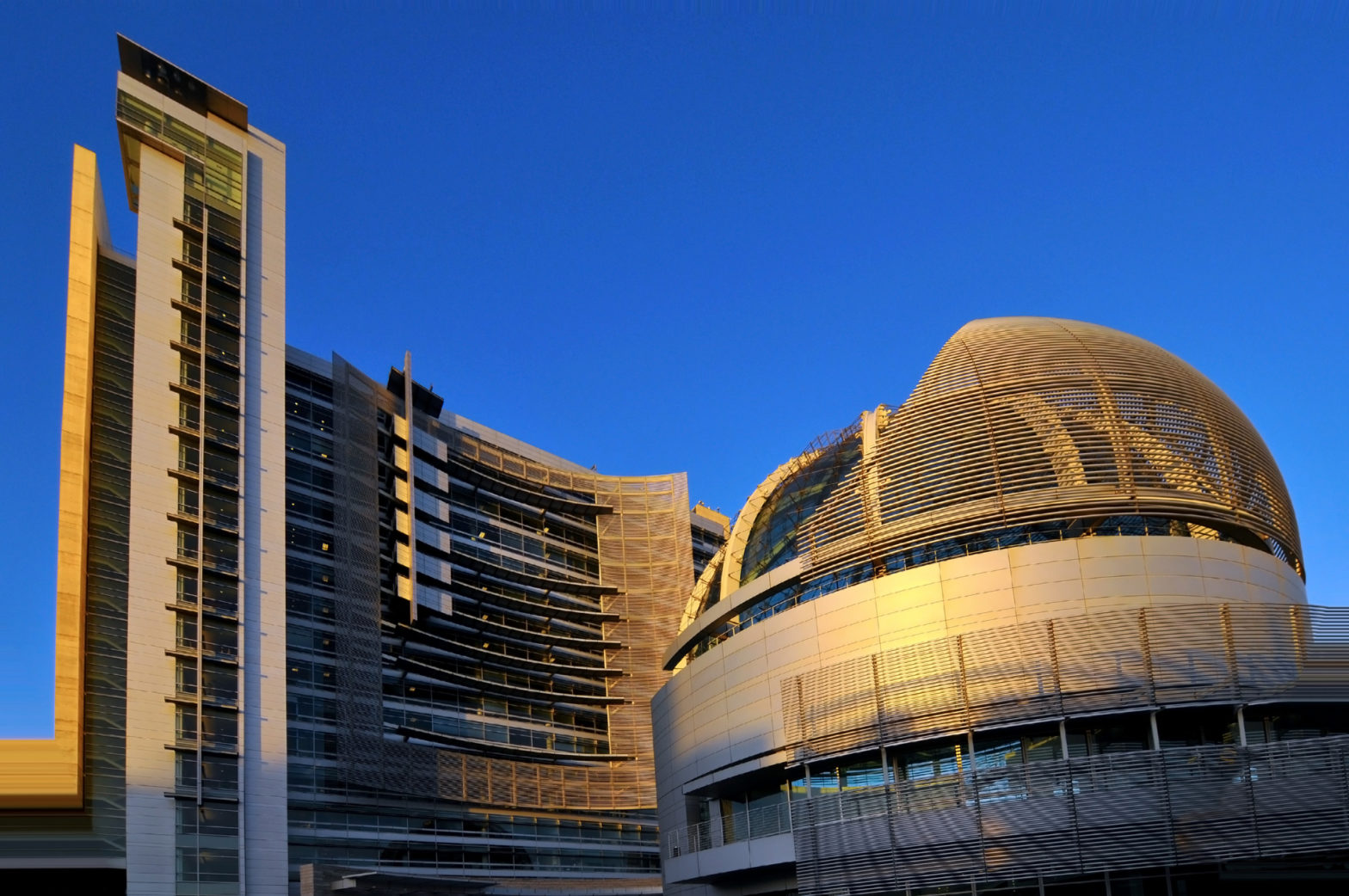
Boston uses AI to reduce stop-go traffic by 50 percent
15 August 2024
by Jonathan Andrews
Boston is working with Google to optimise traffic signal timing to improve traffic flow in highly congested areas.
The company’s Project Green Light uses artificial intelligence (AI) to model traffic patterns and creates signal timing recommendations that can reduce stop-and-go traffic and emissions. In 2023, Boston was ranked 8th in the world for highest traffic delays.
The city has so far implemented four of Google’s recommendations at intersections in three locations by changing signal timing.

“We have been pleasantly surprised by the reduction in stop-and-go traffic at the pilot intersections,” Michael Lawrence Evans, Director of Emerging Technology for the City of Boston, told Cities Today. “A platform like Green Light is a low-barrier way for us to try more frequent signal timing changes that are responsive to recent traffic conditions. The automated impact analysis helped us evaluate the recommendations– and by extension, the value of the platform –very easily.”
Over the past five months, traffic was analysed at hundreds of signalised intersections using AI and Google Maps driving trends to provide recommendations for optimisation.
The Boston Transportation Department’s traffic engineers assessed each recommendation for safety, feasibility, and effectiveness to determine if the recommendation could be implemented. Once applied, Project Green Light then measures the impact on traffic patterns and provides this analysis to the city.
At one intersection, stop-and-go traffic has been reduced by over 50 percent and cities around the world that use Project Greenlight have reportedly experienced a 10 percent average reduction in emissions.
“We have also been receiving early feedback from residents who are noticing a difference,” said Lawrence Evans. “For the most part, these are minor changes to the signal timing, so it’s good to hear that people have noticed and are having a better driving experience at these intersections.”
Along with other AI pilots, the city views Project Green Light as an assistive tool that gives traffic engineers extra capacity to pinpoint signals that need to be optimised, particularly at the 300 signalised intersections that are not directly connected to the city’s Traffic Management Center.
Lawrence Evans noted that ultimately, he would like to compare the performance of the AI-based signal timing recommendations to new signal timing plans that were generated in a traditional way.
Boston will continue to consider recommendations from the platform until at least the end of this year.
Image: Gynane | Dreamstime.com







